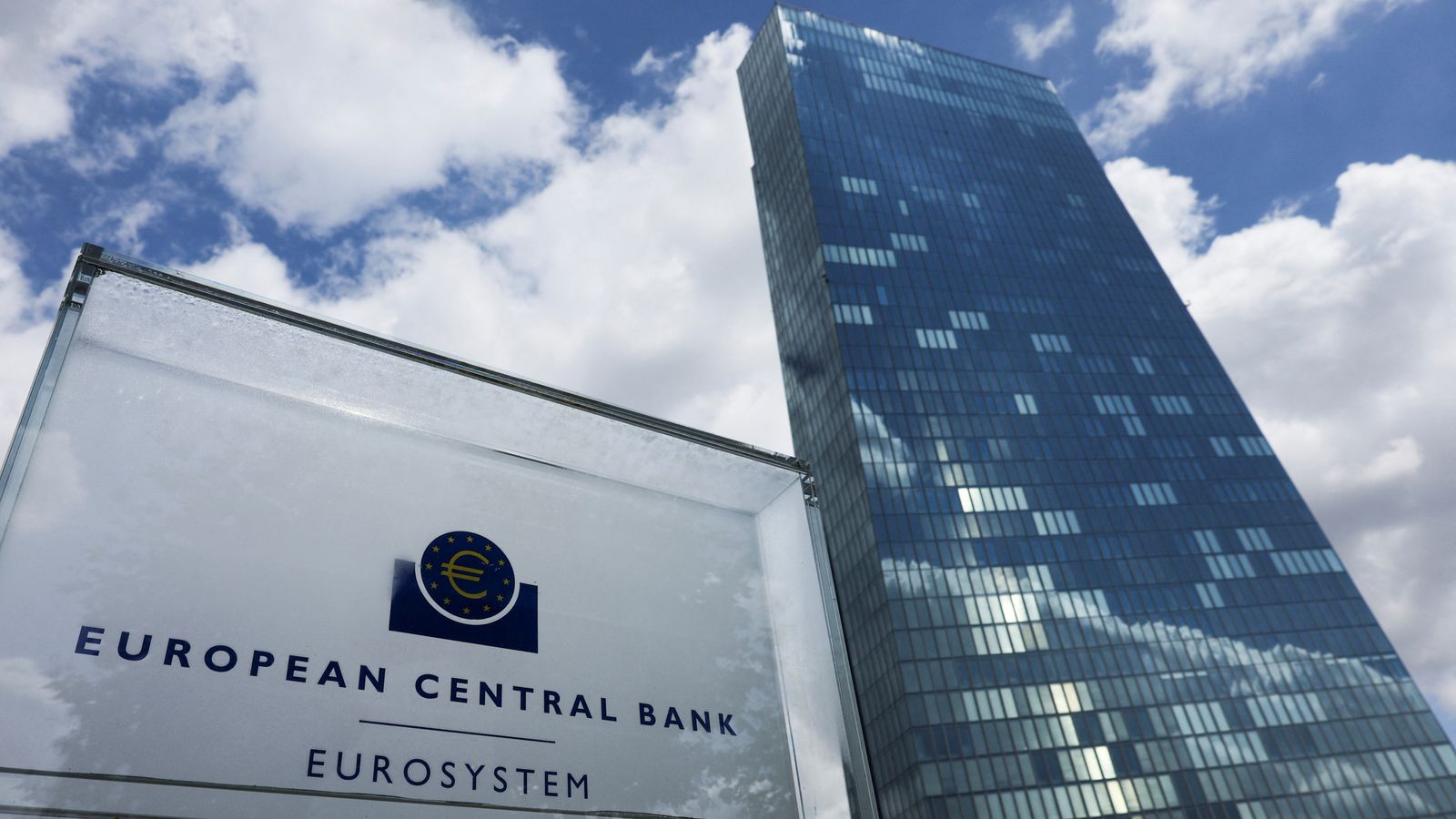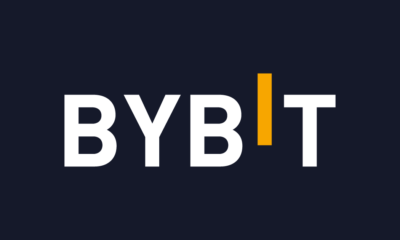Business
European Central Bank is exploring blockchain and MPC technology
The European Central Bank (ECB) is delving into the potential of blockchain technology coupled with Multi-Party Computation (MPC), as reported recently. This exploration marks a significant step toward enhancing efficiency and security in financial transactions within the eurozone.
-

 Business1 week ago
Business1 week agoKenya’s crypto tax could hinder Africa’s digital growth opportunity
-

 Business6 days ago
Business6 days agoNasdaq-listed fintech Netcapital acquires crypto native protocol Mixie
-

 Business1 week ago
Business1 week agoMetaplanet shares jump after $5.4B plan to buy Bitcoin
-

 Business1 week ago
Business1 week agoTether USDT stablecoin seen on Bolivian store price tags
-

 Business6 days ago
Business6 days agoHong Kong to use Chainlink protocol in CBDC pilot project
-

 Business3 days ago
Business3 days agoSEC axes Biden-era proposed crypto rules in flurry of repeals
-

 Business6 days ago
Business6 days agoSEC Chair bashes Gensler’s approach to crypto, defends self-custody
-

 Business6 days ago
Business6 days agoBlackRock’s Bitcoin fund blows past $70B in record pace for ETFs




























